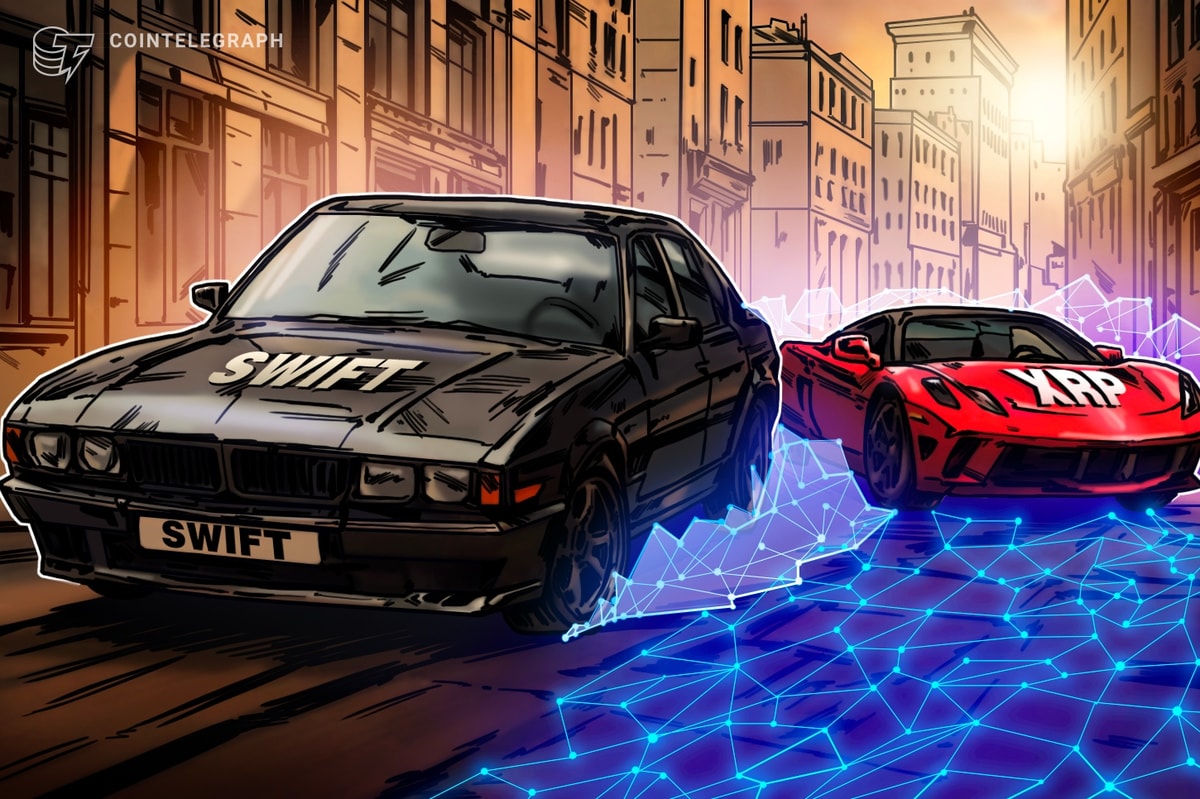
"SWIFT powers most of the world's bank transfers through its messaging network, while Ripple uses XRP to make cross-border payments faster and cheaper. Beyond payments, XRP is also used for remittances and is being explored for tokenized loyalty and DeFi applications, with institutions like SBI Holdings testing integrations. SWIFT is developing a blockchain-based ledger for real-time payments, interoperable with major networks and supporting tokenized assets."
"SWIFT still faces challenges like outdated systems, regulatory hurdles, institutional inertia and competition from Ripple's expanding network. Cross-border payments move trillions of dollars each year, and two names dominate: the long-established SWIFT (Society for Worldwide Interbank Financial Telecommunication) and Ripple, a newer player built around blockchain technology. SWIFT runs a massive global network but remains slow, while Ripple uses its XRP (XRP) token for near-instant settlements."
SWIFT operates a secure, standardized messaging network that coordinates international payment instructions without moving funds, using unique BIC codes for each bank. Ripple leverages the XRP token to enable near-instant, low-cost cross-border settlements and supports remittances, tokenized loyalty, and emerging DeFi use cases, with pilots by institutions like SBI Holdings. SWIFT is building a blockchain-based shared ledger, developed with Consensys, to support real-time payments, interoperability with major networks, and tokenized assets. SWIFT faces challenges including legacy systems, regulatory complexity, institutional inertia, and competition from Ripple’s expanding network despite running a massive global infrastructure.
Read at cointelegraph.com
Unable to calculate read time
Collection
[
|
...
]